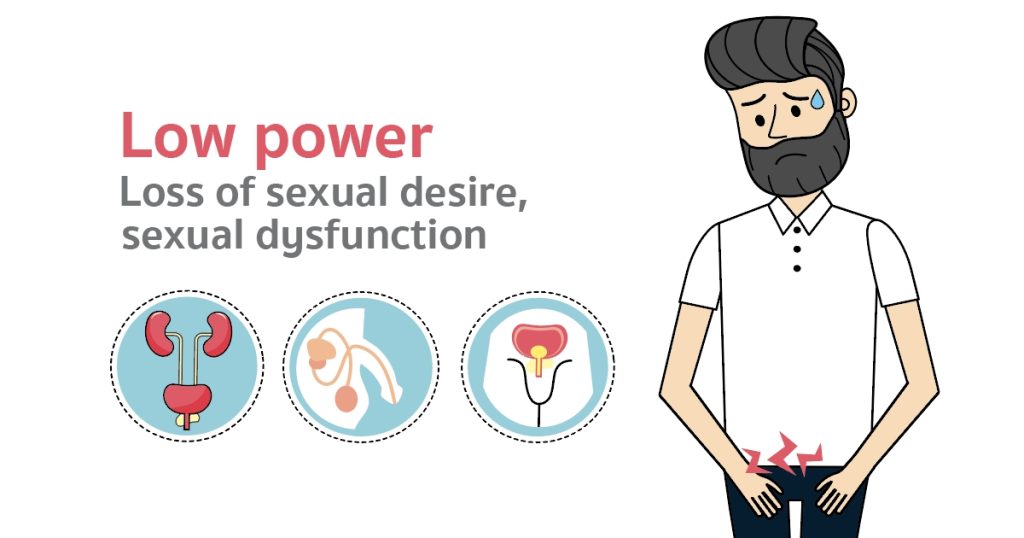
Circumcision is the surgical removal of the skin covering the tip of the penis. The procedure is fairly common for newborn boys in certain parts of the world, including the United States. Circumcision after the newborn period is possible, but it’s a more complex procedure.
For some families, circumcision is a religious ritual. The procedure can also be a matter of family tradition, personal hygiene or preventive health care. For others, however, circumcision seems unnecessary or disfiguring.
Circumcision is a religious or cultural ritual for many Jewish and Islamic families, as well as certain aboriginal tribes in Africa and Australia. Circumcision can also be a matter of family tradition, personal hygiene or preventive health care.
Sometimes there’s a medical need for circumcision, such as when the foreskin is too tight to be pulled back (retracted) over the glans. In other cases, particularly in parts of Africa, circumcision is recommended for older boys or men to reduce the risk of certain sexually transmitted infections.
Easier hygiene. Circumcision makes it simpler to wash the penis. However, boys with uncircumcised penises can be taught to wash regularly beneath the foreskin.
Decreased risk of urinary tract infections. The risk of urinary tract infections in males is low, but these infections are more common in uncircumcised males. Severe infections early in life can lead to kidney problems later.
Decreased risk of sexually transmitted infections. Circumcised men might have a lower risk of certain sexually transmitted infections, including HIV. Still, safe sexual practices remain essential.
Prevention of penile problems. Occasionally, the foreskin on an uncircumcised penis can be difficult or impossible to retract (phimosis). This can lead to inflammation of the foreskin or head of the penis.
Decreased risk of penile cancer. Although cancer of the penis is rare, it’s less common in circumcised men. In addition, cervical cancer is less common in the female sexual partners of circumcised men.
The risks of not being circumcised, however, are not only rare, but avoidable with proper care of the penis.
Circumcision might not be an option if certain blood-clotting disorders are present. Also, circumcision might not be appropriate for premature babies who still require medical care in the hospital nursery or for babies born with abnormalities of the penis.
Circumcision doesn’t affect fertility, nor is circumcision generally thought to enhance or detract from sexual pleasure for men or their partners.
most common complications associated with circumcision are bleeding and infection. Side effects related to anesthesia are possible as well.
Rarely, circumcision might result in foreskin problems. For example:
- The foreskin might be cut too short or too long
- The foreskin might fail to heal properly
- The remaining foreskin might reattach to the end of the penis, requiring minor surgical repair
Share :
Related Articles
Related Doctors

| Urological Surgery |

| Urological Surgery |












